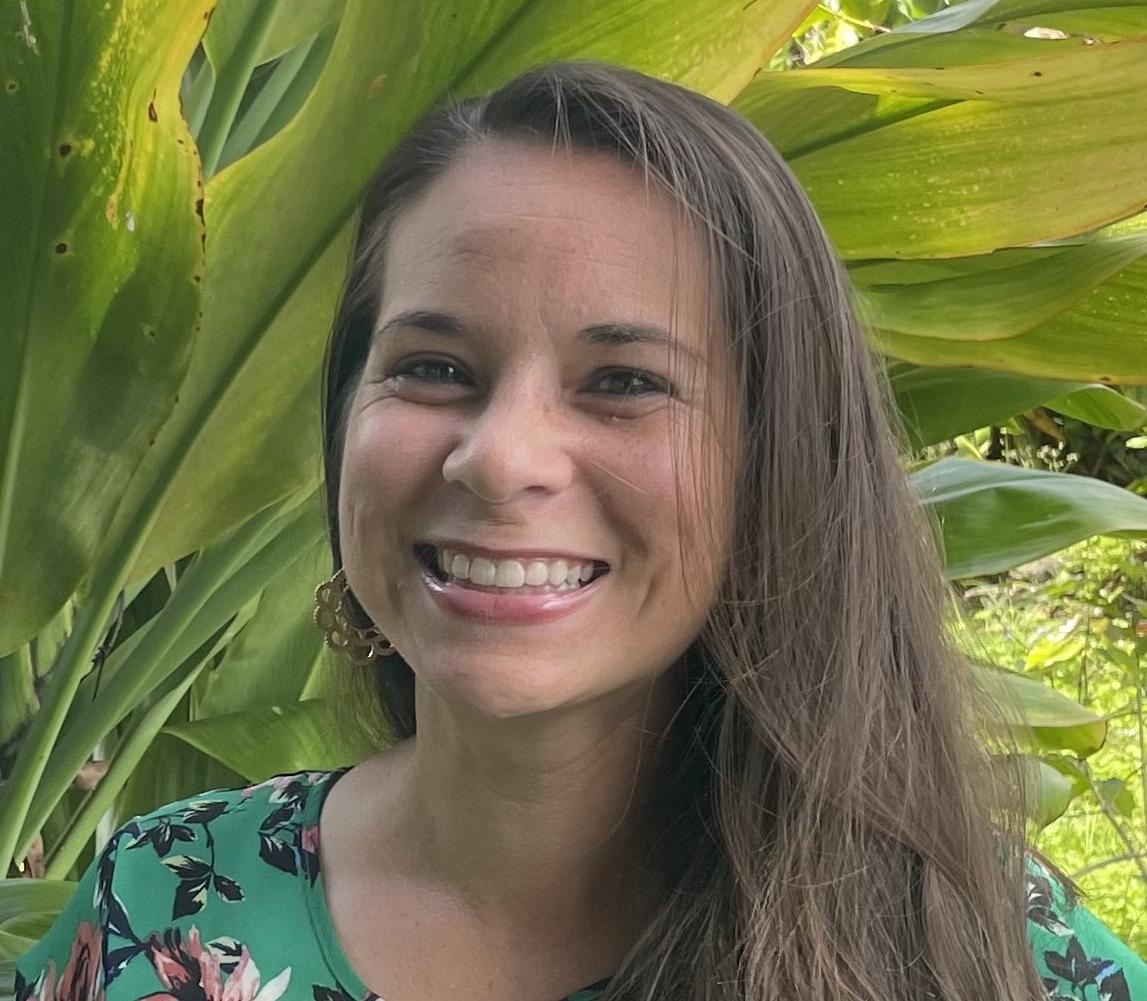Profile: Kristi Ka'apu
Kristi Ka'apu, LCSW, is an online Doctor of Social Work (DSW) student living in Hawai'i. Ka'apu holds a Master of Social Work (MSW) from Tulane School of Social Work. Ka'apu is also the Program Director for Tulane's Chukka Auchaffi’ Natana or Weaving Healthy Families Program to Promote Wellness and Resilience and Prevent Alcohol and Other Drug Abuse and Violence.
Beyond being a doctoral candidate, Ka'apu is a Peer Mentor through Tulane School of Social Work's Peer Mentoring Program, which aims to decrease feelings of isolation, increase guidance on adjusting to doctoral studies, and provide mentoring experience and training to recent or soon-to-be DSW graduates. We've asked her a few questions about the DSW program and her experience as a Peer Mentor.
Why did you decide to get your DSW? Why Tulane?
I decided to get my DSW to further my education within the field of social work and to continue my pursuit of research. I chose Tulane because of the opportunities available for fellowships and to work with a previous mentor, Dr. Catherine McKinley.
I am hoping that I can take what I have learned both outside and within the DSW program to help/guide mentees of the newest DSW cohort.
Kristi Ka'apu, LCSW
Did you receive mentorship in the early days of your DSW program? How was that?
Prior to starting the program, I had a student reach out to me and assist me with any questions. Once I started, I chose to participate in the Mentor/mentee program. My mentor was available throughout the first semester to answer questions and provide me with information on the fellowships, professors, and the APP process.
Why did you decide to become a mentor?
I wouldn't be where I am today without great mentors through the years. I am hoping that I can take what I have learned both outside and within the DSW program to help/guide mentees of the newest DSW cohort.
Share a little bit about your APP and the work you do, both academically and professionally. In what ways has the DSW program helped you grow?
In my APP, I focused on two critical areas: self-care for social workers and promoting mental health and resiliency within Indigenous populations. These projects allowed me to address key challenges in the field, that structural factors and socioeconomic privilege have been found to be predominant predictors of engagement in self-care practices and the need for culturally relevant mental health strategies/interventions for Indigenous communities. The DSW program has been instrumental in my growth in that it has enhanced my research skills and deepened my understanding of leadership in addressing systemic issues.
What’s your best tip for incoming DSW students?
Give yourself grace throughout this journey and set clear boundaries between work, school, and personal life. Build meaningful connections with your cohort and develop a supportive network. While it’s easier said than done, prioritize self-care—it’s essential for both your personal well-being and professional success.

